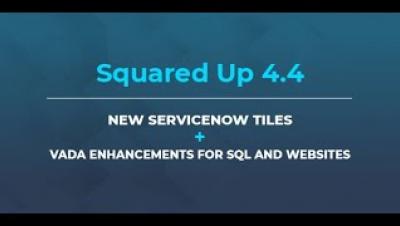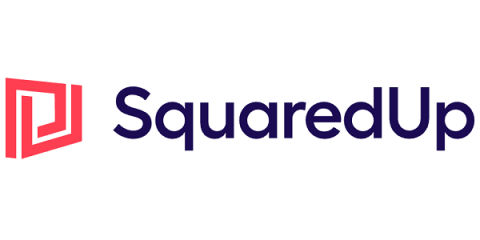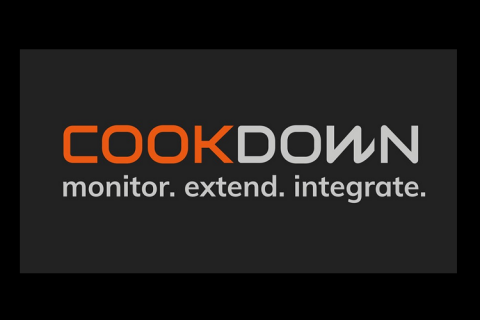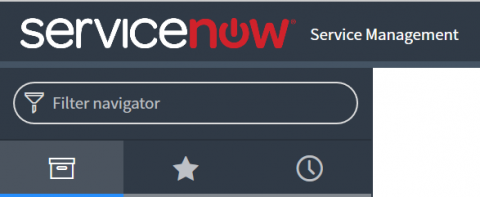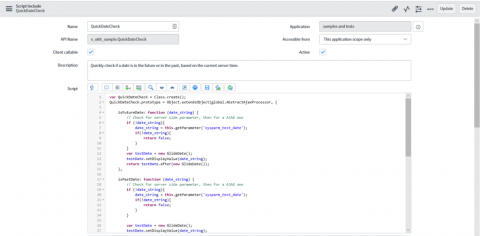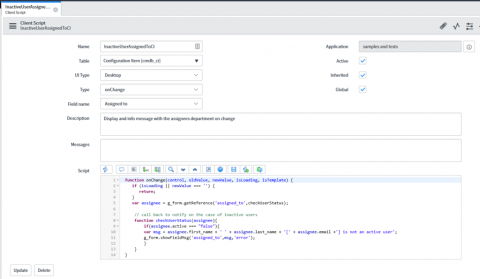Operations | Monitoring | ITSM | DevOps | Cloud
SCOM
The latest News and Information on Service Center Operations Manager and related technologies.
SCOM is the most popular tool for monitoring SBC/ VDI
Google “SCOM and Azure” and the top hits will tell you all about “Moving from SCOM to Azure Monitor”, “Changing of the guard…”, and “Microsoft explains why it replaced SCOM with Azure Monitor” etc. If you only read the marketing, you’d be forgiven for thinking SCOM is being replaced. Microsoft’s marketing push on Azure Monitor has no doubt caused some uncertainty about the position of SCOM.
Webinar: Free SCOM essentials you should be using
Announcing Self Maintenance MP 3.0
Self Maintenance MP? isnt that Tao Yang’s management pack? you are along the right lines.. As Tao moves onto Azure he has handed the Self Maintenance MP to us to ensure it gets the love and attention deserves, and what better way to do that than with a new release! – its an awesome pack Good news for SCOM admins everywhere.
Visualising SCOM PowerShell tasks with SquaredUp
In this blog we are going to discuss how you can use Cookdown’s PowerShell MP to create SCOM tasks written in PowerShell and how you can visualise the output of your tasks in a much more efficient and user-readable format – using SquaredUp.
Fill SCOM gaps with Azure Monitor
We are delighted to welcome guest blogger Brian Wren of Microsoft. Brian is something of a superstar in the SCOM world – and you will see why when you check out his technical guides on TechNet or Microsoft Learn. His series on Management Pack Authoring for SCOM is a definitive guide that has helped many of us get started with a difficult topic. It is fair to say that when Brian works his magic, he makes the complicated perfectly understandable.
Tricks with the ServiceNow Filter Navigator
The filter navigator sites in the top left modestly heading up the table of options. Until recently I’ve been using it to just filter the list below, then, someone introduced me to a couple of other cool commands you can run. The below six functions are all run against a table, for my examples I’ve uses sys_user, but any table can be used. I was able to find the New York documentation for this functionality here if you’d like more details.
Simple DateTime checks with ServiceNow Script Includes
I can’t remember the exact reason I created this script include, but after finding it figured I’d draft up a couple quick examples as the logic could be expanded to other checks, plus, I might need it again one day so its good to have on hand. The script include detailed below creates a new class type in ServiceNow that can be used both from the client-side with Ajax, and from the server-side as a simple object call.
Getting Related Record Data on ServiceNow Forms
Sometimes a case comes up where you need to lookup further information on the active record, via is referenced records. ServiceNow makes it pretty painless with the g_form.getReference method, which uses a callback to keep from blocking the rest of your script. The example I have below, and on our GitHub repo, uses getReference in a Client Script as a way to notify uses if they are setting the owner of a CI as an inactive user.
Coffee break: hybrid monitoring with MSFT's Azure MP
Hybrid monitoring has increasingly become a priority in the SCOM community. A growing number of enterprises are running workloads both on-prem and in the cloud, with some of us creating new workloads in the cloud, and others engaging in a gradual migration to the cloud – a process that often takes place over a number of years. How can we deliver a complete monitoring strategy for our hybrid environments via SCOM?


